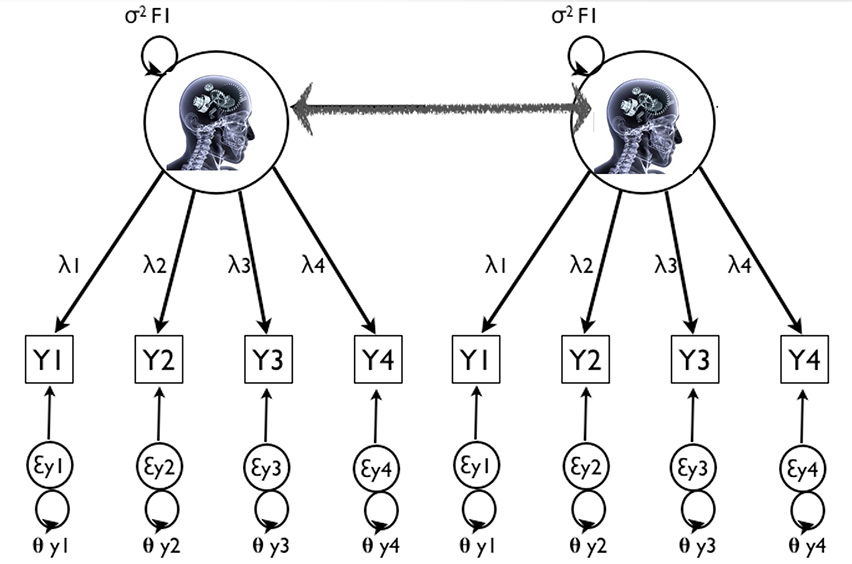VI European Congress of Methodology
From July 23 to 25, 2014, the VI European Congress of Methodology was held in Utrecht, the Netherlands. The European Congress of Methodology is organized biennially under the supervision of the European Association of Methodology (EAM), a society established in 2004, which brings together a large number of researchers from all over the world.
Possible Solution to Publication Bias Through Bayesian Statistics
The present paper argues that an important cause of publication bias resides in traditional frequentist statistics forcing binary decisions. An alternative approach through Bayesian statistics provides various degrees of support for any hypothesis allowing balanced decisions and proper null hypothesis testing, which may prevent publication bias.
Measurement Invariance (book)
Multi-item surveys are frequently used to study scores on latent factors, like human values, attitudes and behavior. Such studies often include a comparison, between specific groups of individuals, either at one or multiple points in time.
How to handle missing data: A comparison of different approaches
Many researchers face the problem of missing data in longitudinal research. Especially, high risk samples are characterized by missing data which can complicate analyses and the interpretation of results.
Collinear Latent Variables in Multilevel Confirmatory Factor Analysis: A Comparison of Maximum Likelihood and Bayesian Estimation
Because variables may be correlated in the social and behavioral sciences, multicollinearity might be problematic. This study investigates the effect of collinearity manipulated in within and between levels of a two-level confirmatory factor analysis by Monte Carlo simulation.
Effectiveness, Mediators, and Effect Predictors of Internet Interventions for Chronic Cancer-Related Fatigue
This paper describes the design and analysis plan that will be used to study 2 Internet interventions aimed at reducing severe fatigue in cancer survivors: a mobile ambulant activity feedback therapy supported through a weekly email by a physiotherapist and a weekly Web- and mindfulness-based cognitive therapy supported online by a psychologist.
Individual and class room predictors of same-cultural friendship preferences in multicultural schools
This study was an investigation of individual and contextual predictors for same-cultural friendship preferences among non-immigrant (n = 125), Turkish (n = 196) and former Yugoslavian (n = 256) immigrant youths (Mage= 14.39 years) in 36 multicultural classes.
Analyzing small data sets using Bayesian estimation: the case of posttraumatic stress symptoms following mechanical ventilation in burn survivors
The analysis of small data sets in longitudinal studies can lead to power issues and often suffers from biased parameter values. These issues can be solved by using Bayesian estimation in conjunction with informative prior distributions.
Latent trajectory studies: the basics, how to interpret the results, and what to report
In statistics, tools have been developed to estimate individual change over time. Also, the existence of latent trajectories, where individuals are captured by trajectories that are unobserved (latent), can be evaluated (Muthén & Muthén, 2000).
Latent Growth Mixture Models to estimate PTSD trajectories
Statistical models to estimate individual change over time and to investigate the existence of latent trajectories, where individuals belong to trajectories that are unobserved (latent), are becoming ever more popular.
Social Influence Interpretation of Interpersonal Processes and Team Performance Over Time Using Bayesian Model Selection
The team behavior literature is ambiguous about the relations between members’ interpersonal processes—task debate and task conflict—and team performance. From a social influence perspective, we show why members’ interpersonal processes determine team performance over time in small groups.









